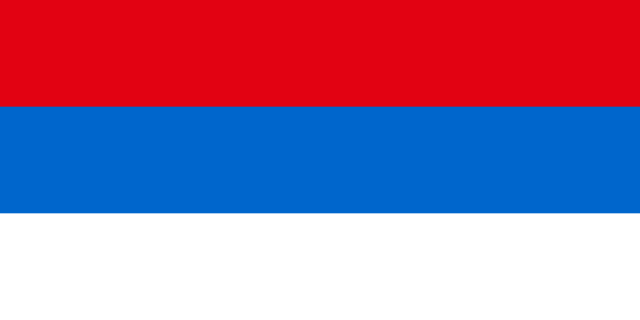Socio-political movement after the breakup of former Yugoslavia From Wikipedia, the free encyclopedia
Serbian–Montenegrin unionism (Serbian: Српско-црногорски унионизам, romanized: Srpsko-crnogorski unionizam) is a socio-political movement which arose in the Balkans after the breakup of former Yugoslavia.[1] It advocates Montenegro being in a political union with Serbia.[1] The relationship between Serbs and ethnic Montenegrins is generally identified as being the most amicable of all the peoples of the former Yugoslavia.[2] According to a 2023 national census, 205,370 Montenegrin citizens ethnically identify as "Serb", with 2,969 identifying as "Serbian-Montenegrin" or "Montenegrin-Serbian".[3]



Brotherhood between the states of Montenegro and Serbia is long-standing. In the 19th century, Montenegro and Serbia were officially recognized as independent states by the Ottoman Empire. The two entities since shared all essential experiences; they fought as part of the Balkan League when it came to ending the Ottoman presence in Rumelia during the First Balkan War, and they fought alongside each other against Austria-Hungary and the German Empire during World War I. Plans for unification were finally partially implemented after the war. The Podgorica Assembly in November 1918 concluded the decision to merge the Kingdom of Montenegro with the Kingdom of Serbia, followed by the creation of Yugoslavia. The Montenegrin monarchy was thereby removed, and opposition to the annexation culminated in the Christmas Uprising during 1919 in which a part the Montenegrin population demonstrated against the Serbian takeover.[4]
When Yugoslavia was reformed after World War II, Montenegro became a republic alongside a Serbian entity reduced in size. When in 1991 and 1992, the remaining outstanding Yugoslav republics voted for independence, Montenegro chose to continue a federation with Serbia as Yugoslavia ("Serbia and Montenegro" after 2003). After 1996, Montenegro—led by rebel and former pro-unionist Milo Đukanović—reversed its direction and began taking measures to distance itself internally from Serbia and discontinue its role within the federation. This sentiment, which grew popular among the Montenegrin nation, led to the 2006 independence referendum which ended in a majority vote for independence (55.5% of the vote, with the threshold for approval of independence set at a supermajority of 55%).[5][6]
|
Parliamentary parties:
Non-parliamentary:
|
Formerly:
Defunct:
|
|
Seamless Wikipedia browsing. On steroids.